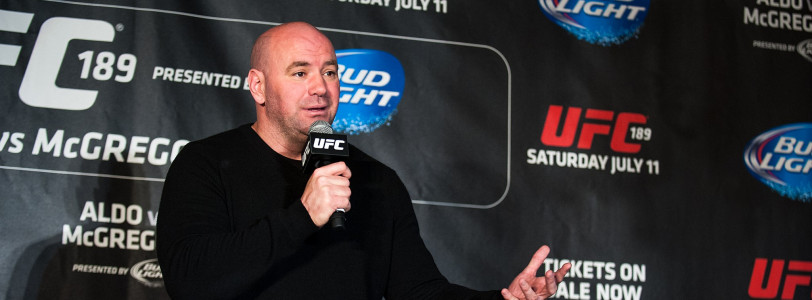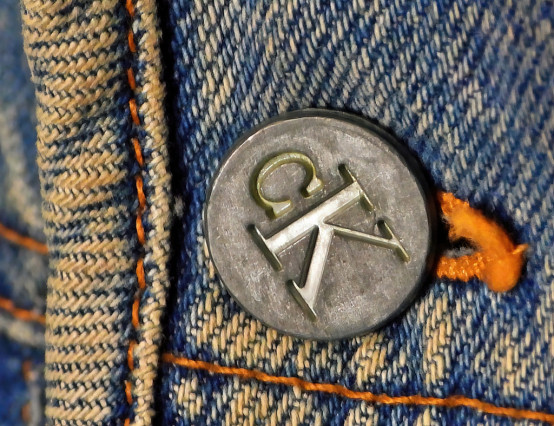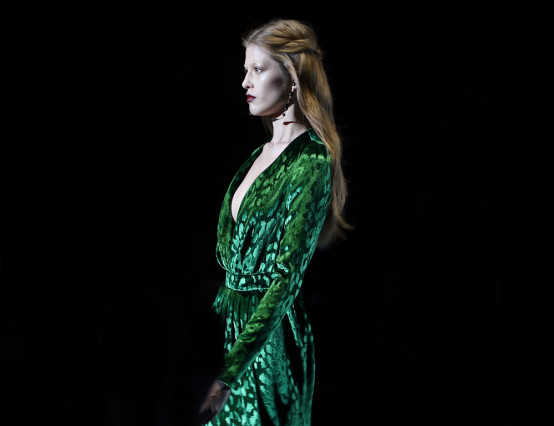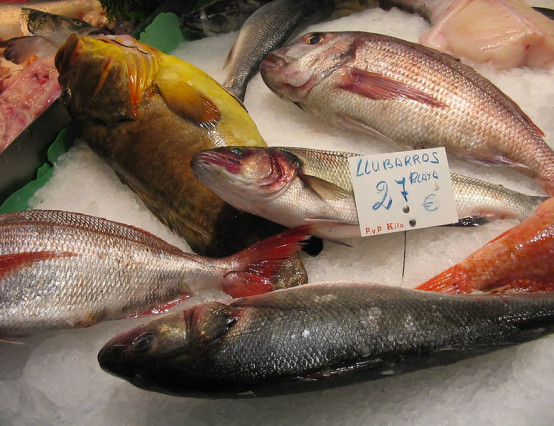Senator John McCain in 1996 described the sport formally known as Mixed Martial Arts (MMA), as “human cockfighting”.
Yet, even its most ardent critics have softened their stance on the once rough-around-the-edges sport. The introduction of rules, weight classes, safety equipment and drug testing helped polish these edges, and the charge has largely been led by a single promotion – The Ultimate Fighting Championship (UFC). Indeed, MMA and The UFC have now permeated the cultural zeitgeist and found commercial success. There is still one issue that it grapples with though and this is fighters’ ‘free speech’ within the company. They say all is fair in love and war but there are times where this proverb has been tested in the UFC. There have been a number of high-profile cases where fighters are seen to break certain unwritten rules; no family, country or religion is to be used in ‘trash talk’.
We’ll take a look at a number of high-profile cases and contemplate ‘free speech’ within combat sports - how far does this extend, should organisations govern their fighters and are there any so-called ‘rules’? First, we must distinguish between ‘free speech’ as afforded by a government and company regulations. The term ‘free speech’ in its purest form refers to non-interference by a government in citizen’s speech, but for this article it will be referring to an organisation’s policing (or lack thereof) of an athlete’s speech – within the sports community this appears to be the canonical definition and how it appears to be used.
Teddy Atlas is one of the greatest boxing coaches and now fight commentators to have graced the sport. Atlas stresses the importance of mental fortitude in combat sports, arguing “80% of this game is mental”. One can appreciate then why it would prove to be beneficial to utilise mental warfare or ‘trash talking’. This not only throws opponent’s off their game and compromises an important part of their preparation, but it potentially stirs up the intrigue and ticket sales of an event which can translate into a better payday. There are many different styles of trash talking that have been adopted by fighters throughout the ages; Chael Sonnen’s pro-wrestling bit, Dominick Cruz’s mental warfare, and perhaps most infamously of all, Conor McGregor’s wit (a wit which enabled him to secure the top spot on Forbes' richest athletes list). One of the main points of contention on trash-talking is whether there are any rules to subscribe to. Within the UFC, the company does not have a codified code of conduct that athletes have to adhere to - instead there is something of a ‘gentleman’s agreement’ where fighters agree not to cross certain lines. There are those who flout this agreement because they recognise the potential impact that this’ll have, there’s no quicker way to get under an opponent’s skin than insulting their family, country or religion.
Conor McGregor is undisputedly the sport’s biggest star and he has arguably transcended just MMA. ‘Notorious’ has found incredible commercial success and has even permeated the cultural zeitgeist, owing largely to his skills not only in the cage but outside of it with his patented quick wit and predictions. However, this quick wit veered into much darker territory both before and after his fight in 2018 against Khabib Nurmagomedov, where virtually every one of the aforementioned unwritten rules were broken. Khabib called McGregor a ‘chicken’ before the fight and accused him of refusing to meet him in the cage - Artem Lobov who is a teammate of McGregor’s consequently had an altercation with Nurmagomedov. Nurmagomedov slapped Lobov, which led to a bus transporting him and others to a press conference being attacked by McGregor and his band of cronies. Naturally, tensions were high between the rivals - something that was apparent not only before the fight in their press conference but also afterwards too. Nurmagomedov was stoic in the lead-up to the fight but erupted in emotion after defeating McGregor, jumping the cage and igniting a brawl with his rival’s team for all that was said in promoting their fight.
McGregor’s trash talk was well-researched, targeted, and filled with venom against Nurmagomedov. Their exchanges were not for the purpose of a mental edge or for generating hype around their fight – Conor was already the sport’s biggest draw, and the barbs were far too personal to just be for an edge. Personally, I feel lines were crossed and the post-fight antics were honestly understandable by Khabib. What McGregor said can’t be categorised as ‘trash talk’, nor can it be defended by invoking free speech; McGregor was xenophobic and racist, and the company sat aside and cashed in on the eyes this drew. In fact, the bus incident was used to promote the fight.
There is a precedent and belief in the sport that things should be left behind in the cage following a fight, so fans and commentators decried Khabib’s post-fight antics and condemned them as unprofessional. Whilst I certainly do not condone any of his actions and do feel they are detrimental to the sport’s image, is it any wonder that he reacted how he did after enduring the disgusting filth espoused by McGregor? What I find equally as appalling was how this situation had been handled by the Athletic Commission. Khabib was fined $500,000 but McGregor only $50,000 for their roles in the post-fight brawl at UFC 229. This ruling is not only ignorant to the former’s role but it also establishes a dangerous precedent; anything goes before the fight and anything that you say can simply be attributed to ‘trash talk’.
Look, I get that ultimately this is cage fighting, but there has been a clear desire expressed by the UFC to shed this image and transform the sport into something taken as seriously as the likes of boxing. There are ways to respect fighters’ ‘free speech’ whilst maintaining the image they work hard to curate, they shouldn’t be afraid to step in when obvious lines are crossed.
Colby Covington in 2017 was riding a four fight win streak but was going to be cut from the promotion, not because of a lack of talent but because of what can be considered an efficient but ‘boring’ fight style. That is until he beat Brazilian Demian Maia and subsequently called his countrymen "filthy animals", stirring the pot just enough and attracting enough eyes through the controversy to then be kept on. Since then, Covington had adopted something of a professional wrestling persona and has become a ‘heel’ – pro-wrestling lingo for someone who adopts a villain persona in order to incite the onlooking spectators.
How? Covington attached himself to arguably the most controversial man in the world at that time – President Donald Trump. As a ‘heel’, he has made racist and sexist remarks in the name of promotion, which he was able to substantiate with wins up until the point he would run into Kamaru Usman in 2019. Just as McGregor apologists defended his antics by justifying it as ‘trash talk’ and as ‘free speech’, Covington was able to hide behind the veil of the heel role to try and create distance from his remarks.
There are ways to do this less egregiously and one need only look at his predecessor, Chael Sonnen. Sonnen was the first to adopt the pro-wrestling ‘heel’ persona and first to bring this to the sport of MMA, but did so through charisma, humour and lines so rehearsed that it was clear that he was doing a bit. Covington seems to lack the natural flair that is needed to pull off the act as nonchalantly as Sonnen, which is perhaps why he leans into the crutch of controversy in order to elicit reactions from the fans. Fighters, naturally, took issue with what he said, and he has been involved in altercations with the likes of Fabricio Werdum and Jorge Masvidal, and would eventually be expelled from his now former gym. The excuse of it being an act simply does not cut it for me, and certainly doesn’t excuse Covington, given that there are those who have played the ‘heel’ without crossing the lines that he so flagrantly has. To be racist, sexist, and frequently resort to involving your opponent’s family is just inexcusable to me.
UFC President Dana White, in reply to criticism, declared he does not and will not "muzzle anybody". White himself is outspoken, and this is in large part what makes him so endearing for the sport’s fans. He even came out publicly and declared his personal support for the former President Donald Trump. White’s commitment to ‘free speech’ is commendable but surely we have to draw the line somewhere. Whilst I am certainly not advocating for these fighters’ platforms to now be moderated by the promotion, there has been too much work done to allow it to be tarnished by the comments made by a select few. Admittedly, I turn to sports as a respite from politics, and want to preserve the sanctity of it in the future. Whether one likes it or not however it is undeniable the relationship between both sports and politics, owing largely to social consciousness and athletes recognising the voice their platform bestows on them. The implementation of a codified code of conduct or even just stepping in when it would be necessary, would make the sport more legitimate, socially acceptable and create a healthy platform for discourse.









0 Comments